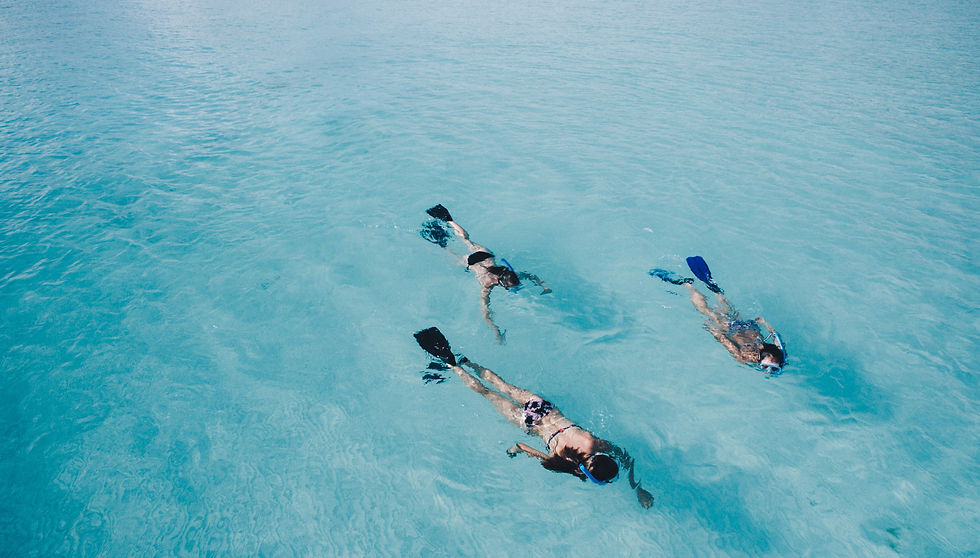Fighting a losing battle? Small nations and climate change
- Benedetta Ciavarro
- Feb 1, 2020
- 3 min read

The small Pacific island of Palau has been the first country to ban the sale and use of suncream. This is just one of the several environmental measures that will be adopted in order to endorse the Palau government’s Responsible Tourism Education Act of 2018. Despite a population of just over 20.000 people, the numbers of visitors are constantly increasing. The tourism sector heavily depends on the rich marine environment of the island. After witnessing these frequent arrivals, inhabitants raised concerns related to the preservation of the territory. Tourism is where citizens of Palau get over half of their GDP, thus the choice to focus on the environment is also strongly related to their economic survival.
The concrete solutions implemented on the island, such as sun cream bans and fishing tariffs, are very specific. It can be argued that their drastic quality could lead to discomfort, especially among tourists who are not used to these sort of rules. Moreover, some of these measures could have costly consequences for sellers: substitution of plastic for packaging may be problematic within small islands such as Palau. However, could these sort of actions have a greater impact outside of Palau?
Thomas Remengesau Jr., president of Palau since 2013, has often in the past addressed his concern for climate change. Along with all the other Small Island Developing States (SIDS) presidents, Remengesau used many platforms to address how the environment is the main concern for the survival and stability of their countries. Indeed, SIDS are often on the front line when it comes to the consequences of climate change. This creates a huge amount of frustration among these states, especially because they have contributed much less to the problem compared to the rest of the world. Moreover, they have been trying to spread awareness for decades and haven’t been fairly taken into consideration. Mia Mottley, Prime Minister of Barbados, mentioned during her speech at the 74th General Assembly of the UN how important the recent contribution of younger generations has been. But she also highlighted that the SIDS raised the first alarm on global warming in 1988, more than three decades ago.
What SIDS governments tend to highlight is that even though they are the first victims, they won’t be the sole ones. During the Pacific Islands Forum of 2019, Remengesau united with the other leaders in publicly asking Australia’s government to take concrete actions to tackle climate change. Australia, the largest neighbour of the majority of these states, is handling the environmental situation very differently. Under its current government, led by prime minister Scott Morrison, climate change mitigation is rarely addressed. In order to attract attention and help, SIDS have to create concern for other populations based on the idea that they too will sooner or later be affected.
Right now, Palau’s norms are exclusively reserved for their lands. However, SIDS can play a bigger role in the environmental fight by being early indicators of the consequences of climate change and, at a smaller scale, of the solutions. Their leaders have strong knowledge over the situation and need to be listened to. Mottley said in September that “climate change is not about hurricanes and floods: it is about droughts, it is about wildfires.” Two months later, more than 7 million hectares of Australian land was burning to the ground, with unprecedented ferocity. Even though a suncream ban may seem unimportant, the judgement of smaller island nations is valuable. They are one of the few to truly deserve the right to be recognized and sustained in the international fight for the climate.
Image - Unsplash